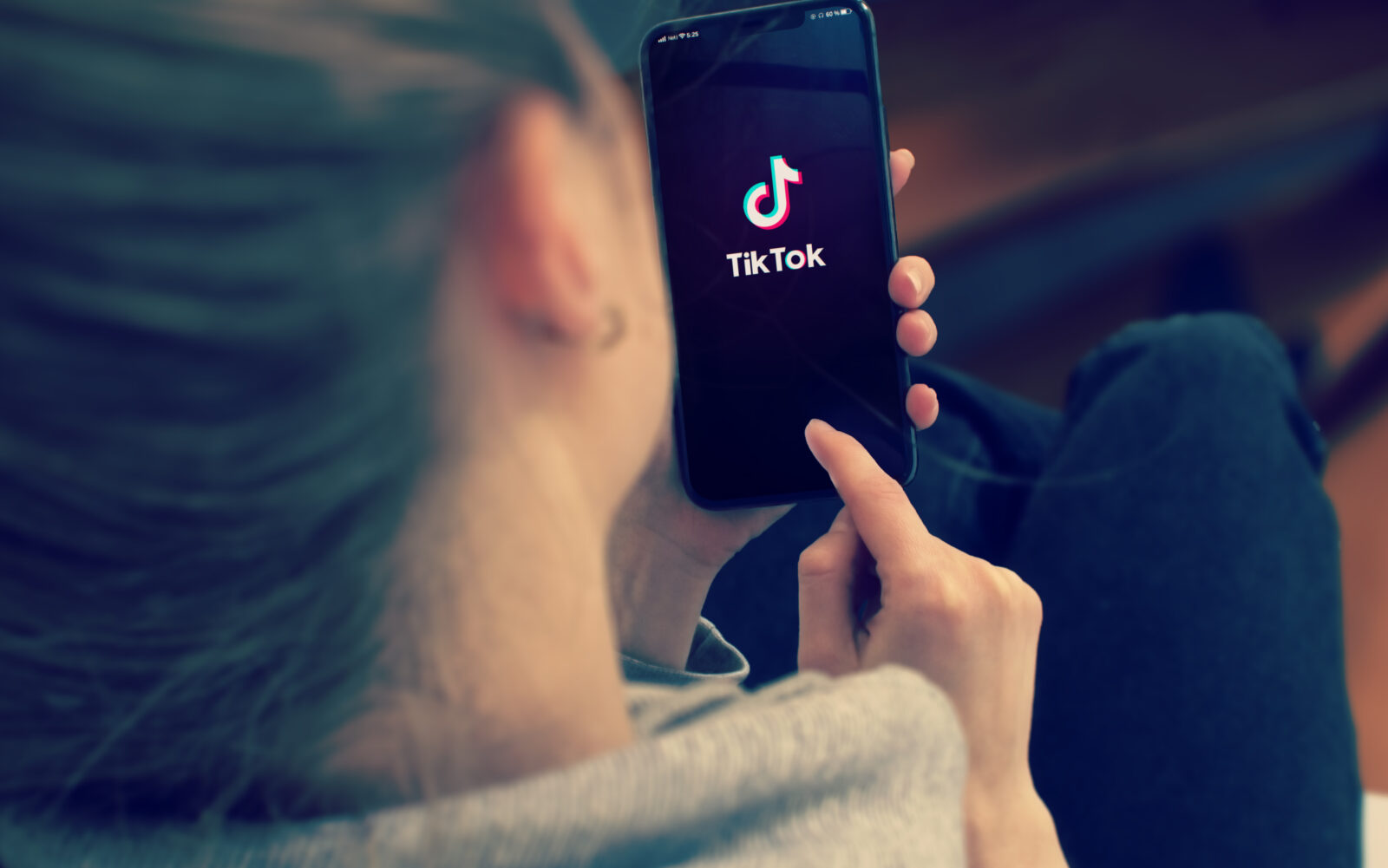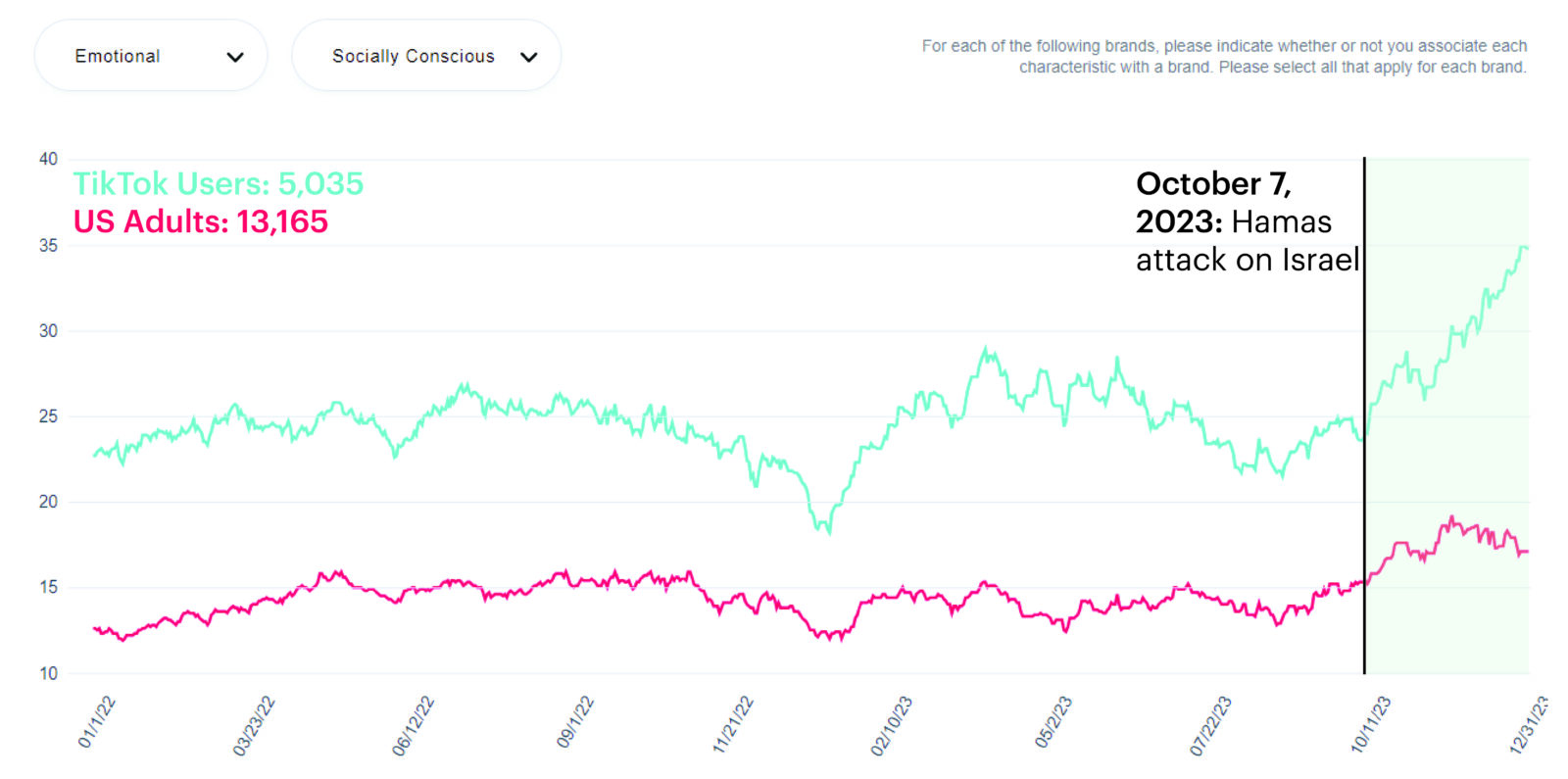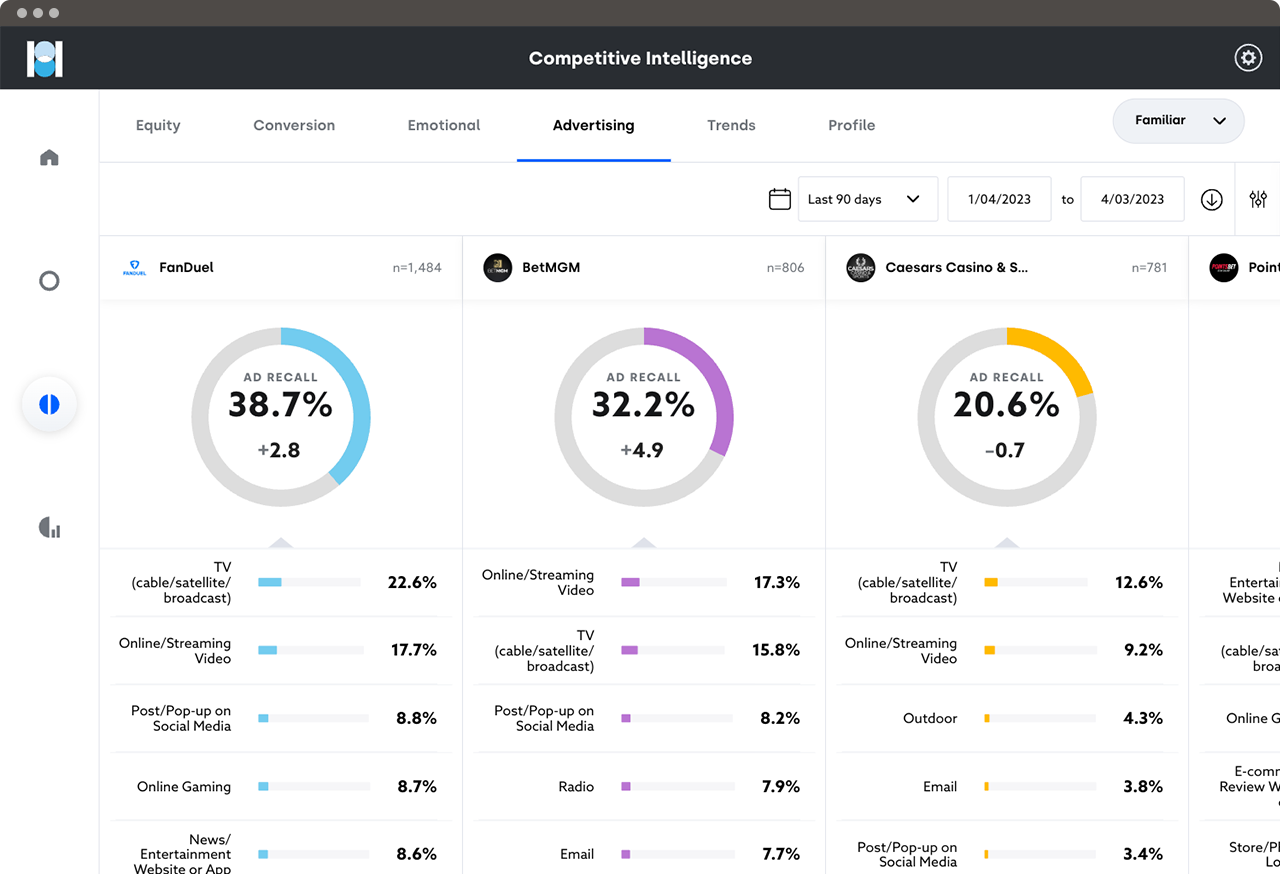Brief • 3 min Read

After Hamas’ October 7th attack on Israel, people around the world took to TikTok and other social media platforms to voice their support for the Israelis or the Palestinians. TikTok became a powerful political forum for supporters who proudly typed #standwithIsrael or #freePalestine.
Social activists, governments, and others moved by the images they saw online rushed to share their opinions on the developing conflict. Beyond stand-alone videos, some TikTok users began using TikTok Live to host debates on the Israel-Hamas conflict.
Using data from QuestBrand by The Harris Poll, we can see how these users have influenced the way US adults think about TikTok.
After the October 7th attack, more US adults, and an even greater percentage of TikTok users, begin describing TikTok as “socially conscious.” On October 6, TikTok’s “socially conscious” score among TikTok users stood at 23.6. In December, “socially conscious” peaked at 34.9.
TikTok “Socially Conscious” – US Adults VS TikTok Users – 12 Week Moving Average

QuestBrand. 1/1/22-12/31/23. Base: General population of US adults, n=13,165. Base: TikTok users, n=5,035.
The intense political discourse heightened the need for moderation on TikTok. Between October 7th and Nov 30th, TikTok reports removing more than 6.9 million “shocking” or “graphic” videos, 2.4 million videos that promoted hateful/violent organizations or people, 2 million videos containing hate speech, and 131,000 videos containing misinformation. In October alone, TikTok removed more than 24 million fake accounts that were created in the wake of the conflict.
The Israel-Hamas war has proven to be a significant challenge for TikTok and other social media platforms. Platforms have been forced to balance protecting users’ free speech with fostering an online space that is safe for all users.
Far from just being an app for entertainment, TikTok has proven itself as a powerful platform for political debate. As we enter an election year, we will have to see if TikTok users continue to serve up political discourse, and if so, how this impacts how users think about and use the platform.
Subscribe for more Insights
Subscribe to our newsletter for the latest trends in business, politics, culture, and more.

Related Content









